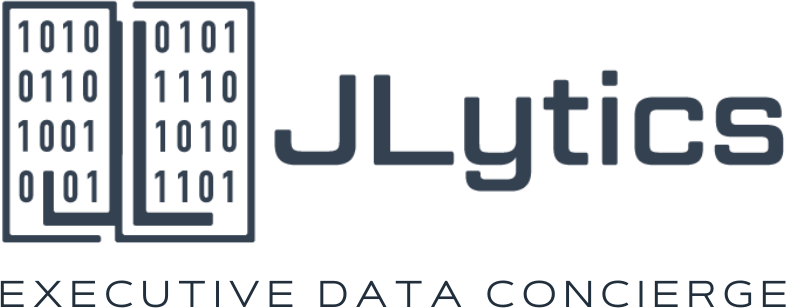This article explores advanced MCP implementation strategies, business opportunities, and practical approaches for automation builders and agency owners. Sound like something you want to continue to learn more about? This article will expand further!
Strategic Business Applications of MCP
Transforming Client Delivery Models
For automation builders and agency owners, MCP represents a fundamental shift in how you can deliver value to clients. Instead of spending billable hours on manual node configuration, you can focus on higher-level strategy and business logic.
Consider the traditional approach to building a comprehensive lead management system:
- Old Method: 15-20 hours configuring individual nodes for data validation, enrichment, CRM integration, email sequences, and routing logic
- MCP Method: 2-3 hours connecting to relevant MCP servers and configuring business rules
This efficiency gain allows you to either increase profit margins on existing projects or take on more clients with the same resources.
Revenue Opportunities in the MCP Ecosystem
The current state of MCP presents several business opportunities:
- MCP Server Development: High-quality MCP servers for popular business tools are in high demand. If you have development skills, creating MCP servers for tools that lack them could be lucrative.
- Early Adopter Positioning: Understanding MCP positions you as a forward-thinking technology partner, which can be valuable for sales and client retention.
- Training and Consulting: As MCP adoption grows, businesses will need guidance on implementation and best practices.
Platform Integration and Technical Implementation
Current Platform Support
n8n Integration
n8n has recently added MCP capability through a community node, though it requires:
- Self-hosted version (not cloud)
- Manual community node installation
- Proper environment variable configuration
While still somewhat technical, n8n developers are actively removing barriers to make MCP more accessible.
Expected Platform Adoption
Based on current trends, expect MCP support to roll out across major platforms:
- Immediate (3-6 months): Make.com, Zapier, and other established automation platforms
- Medium-term (6-12 months): AI development platforms like Cursor, Devon, and similar tools
- Long-term (12+ months): Native integration in most no-code/low-code builders
Implementation Recommendations
For most automation builders, the recommended approach depends on your current situation:
Option 1: Wait and See (Recommended for Client-Focused Businesses)
If you’re primarily focused on delivering reliable client solutions, waiting for more mature implementations is sensible. MCP is still evolving, and client projects need proven technology.
Option 2: Internal Experimentation (Recommended for Growth-Oriented Businesses)
Start testing MCP servers internally to build expertise that will be valuable later. This approach allows you to:
- Understand the technology without risking client projects
- Identify which MCP servers work well in practice
- Develop implementation methodologies for future use
- Position yourself as an expert when the technology matures
Future Technology Roadmap and Predictions
The Next 6-12 Months
Major SaaS Provider Integration
Expect a flood of MCP servers for major business platforms:
- CRM systems (Salesforce, HubSpot)
- Communication tools (Google Workspace, Microsoft 365)
- Project management (ClickUp, Notion, Asana)
- Financial tools (QuickBooks, accounting platforms)
- Marketing automation platforms
Quality will vary initially, but improvements will be rapid due to community feedback and iteration.
Platform Standardization
MCP will likely become a foundational feature in AI development platforms. Just as REST APIs became standard for web services, MCP is positioned to become the standard for AI agent integrations.
Enhanced Abstraction Layers
Future developments may include “MCP Compass” or similar high-level nodes that can:
- Automatically select appropriate MCP server families
- Choose specific tools within those families
- Handle complex multi-step workflows with minimal configuration
Advanced Implementation Strategies
Building Competitive Advantages
Expertise Development
While waiting for full MCP maturity, focus on:
- Understanding MCP architecture deeply
- Testing available servers to identify quality implementations
- Developing best practices for MCP integration
- Creating documentation and processes for your team
Client Education and Positioning
Use your MCP knowledge for competitive advantage:
- Educate clients about future automation possibilities
- Position yourself as a forward-thinking technology partner
- Include MCP capabilities in long-term automation roadmaps
- Demonstrate prototype implementations to show potential
Quality Assessment Framework
Develop criteria for evaluating MCP servers:
- Reliability and uptime
- Documentation quality
- Community support and development activity
- Security implementation
- Integration complexity
Long-Term Vision and Industry Impact
The Broader Technology Shift
MCP represents more than just a new protocol—it’s part of a fundamental shift toward AI-first internet architecture. As AI agents become more prevalent (potentially billions of agents vs. billions of humans), the internet will need to be optimized for machine interaction rather than human use.
This means:
- Every API will likely be developed alongside an MCP server
- Documentation will be AI-optimized
- Integration patterns will assume AI agents as primary consumers
Standardization Benefits
The move toward MCP standardization will:
- Improve accuracy across all implementations
- Reduce development time for new integrations
- Create network effects where individual contributions benefit everyone
- Enable more sophisticated multi-tool workflows
Preparing for the Transition
Immediate Actions
- Education: Understand MCP concepts and architecture
- Experimentation: Test available MCP servers in non-critical environments
- Network Building: Connect with others exploring MCP implementation
- Documentation: Create knowledge bases for your team
Medium-Term Planning
- Skill Development: Build or acquire MCP implementation expertise
- Client Preparation: Begin educating clients about upcoming capabilities
- Process Development: Create methodologies for MCP-based automation
- Partnership Exploration: Consider collaborations with MCP server developers
Conclusion
MCP represents a significant step toward making AI agents genuinely useful for business automation. While we’re still in the early days, the technology addresses real problems and has backing from major AI companies.
The key is balancing enthusiasm with pragmatism. MCP will likely become standard, but current implementations need time to mature. Focus on building expertise and positioning while waiting for production-ready solutions.
For automation builders and agency owners, MCP offers the promise of dramatically more efficient workflows, higher accuracy, and the ability to deliver more sophisticated solutions to clients. The businesses that understand and prepare for this transition will have significant advantages as the technology matures.
The gap between hype and reality is closing, but patience and strategic preparation will determine who benefits most from this technological shift.
***
Ready to 10x your effectiveness as a leader with your own, custom-tailored data environment? Contact JLytics today.



